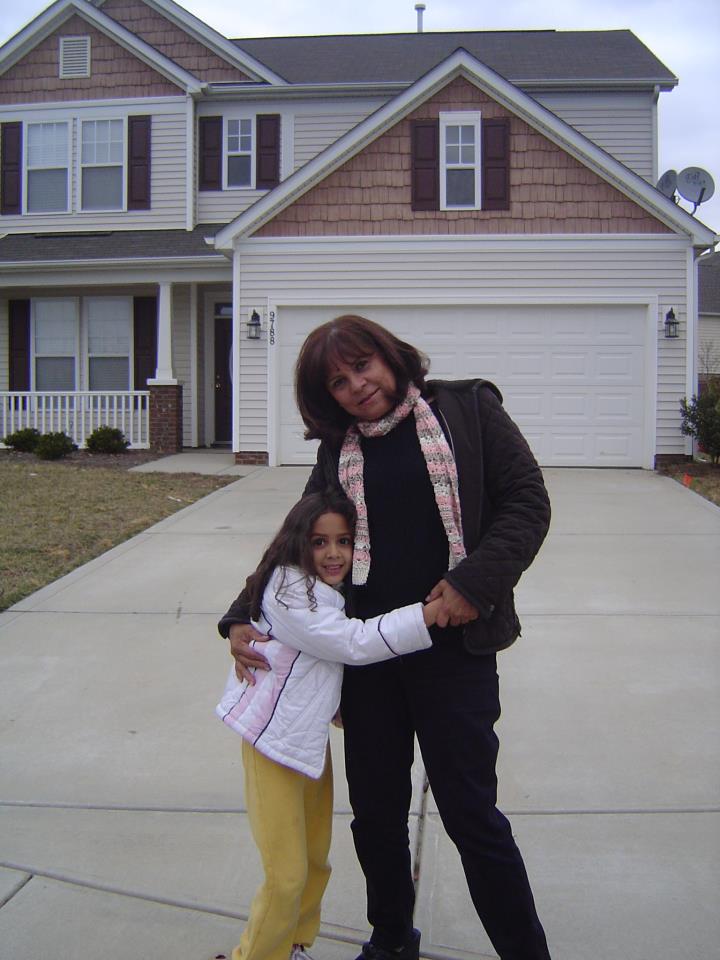

- #Julia ioff still employed after terrible tweet serial
- #Julia ioff still employed after terrible tweet series
#Julia ioff still employed after terrible tweet series
In one example, from 2020, after the British rapper Wiley tweeted a series of antisemitic messages, a group of prominent British Jews (and non-Jews) boycotted the platform in protest of Twitter’s reaction time. The company has also been dogged by widespread allegations that it doesn’t prioritize combatting antisemitism and banning antisemitic users - or at least in a speedy enough fashion. In January 2018, the ADL - which eventually joined Twitter’s Trust and Safety Council and has developed an “Online Hate Index” tool to detect antisemitism on social media - estimated that over the previous year, more than 4 million antisemitic tweets were published in English alone, sent by over 3 million unique Twitter handles. Twitter acknowledged the problem but did not solve it. (Weisman wrote a book with it in the title: “(((Semitism))): Being Jewish in America in the Age of Trump.”) The echo was often highlighted on Twitter, and Jewish users eventually acted to reclaim the symbol and proudly trumpet their Jewish identities, voluntarily putting the parentheses around their names on their Twitter profiles.

Jewish journalists became prime targets of bots that spread misinformation and of antisemites emboldened by the rise of white supremacist groups that together made up a new movement known as the “alt right.” Jonathan Weisman, a politics editor at The New York Times, called the abuse “omnipresent.” Jeffrey Goldberg, editor of The Atlantic, said the platform had become “a cesspool for anti-Semites, homophobes, and racists.” Reporter Julia Ioffe detailed how the antisemitism she was inundated with on Twitter translated into real death threats.Īntisemites began identifying prominent Jews online with what’s called an “echo” symbol, or a group of three parentheses. The topic exploded into public consciousness in 2016, amid the runup to that year’s presidential election. But over the past decade, Twitter has seemed to deal with as many or more antisemitism controversies in the public eye than any other platform. Like all social media platforms, Twitter is filled with a mixture of good-faith users, bad actors and bots. Here’s what you need to know about Twitter’s Jewish history, Musk’s (murky) vision for the company and how Jewish groups hope he’ll change the platform. We worry he could take things in a very different direction.”

“So while we want to be cautiously optimistic about how will run the platform, he hasn’t demonstrated any focus on these issues to date. “Twitter has made some strides in tackling this hate in recent years,” the group’s CEO, Jonathan Greenblatt, tweeted on Monday. The head of the Anti-Defamation League, which has publicly pressed Twitter to identify and flush out antisemitism on the platform, raised alarm in a tweet thread shortly after the news broke. Still, some Jewish users and advocates are hoping that a change in leadership at Twitter could shake up dynamics that many have decried - or at least not set back efforts to address them that are already underway.
#Julia ioff still employed after terrible tweet serial
And while the serial entrepreneur is known for acting quickly and decisively - sometimes on matters far more picayune than CEOs typically attend to - there’s no guarantee that he would make sweeping changes even if he does assume ownership. Musk’s purchase of the social media company, for a reported $44 billion, will likely take months to complete and could be derailed in any number of ways. We do not share data with third party vendors.īut his acquisition of Twitter comes amid longstanding problems with antisemitism and hate speech on the platform - and Jewish users fear his free-speech orientation could make things worse. Get Baltimore Jewish Times Newsletter by email and never miss our top stories


 0 kommentar(er)
0 kommentar(er)
